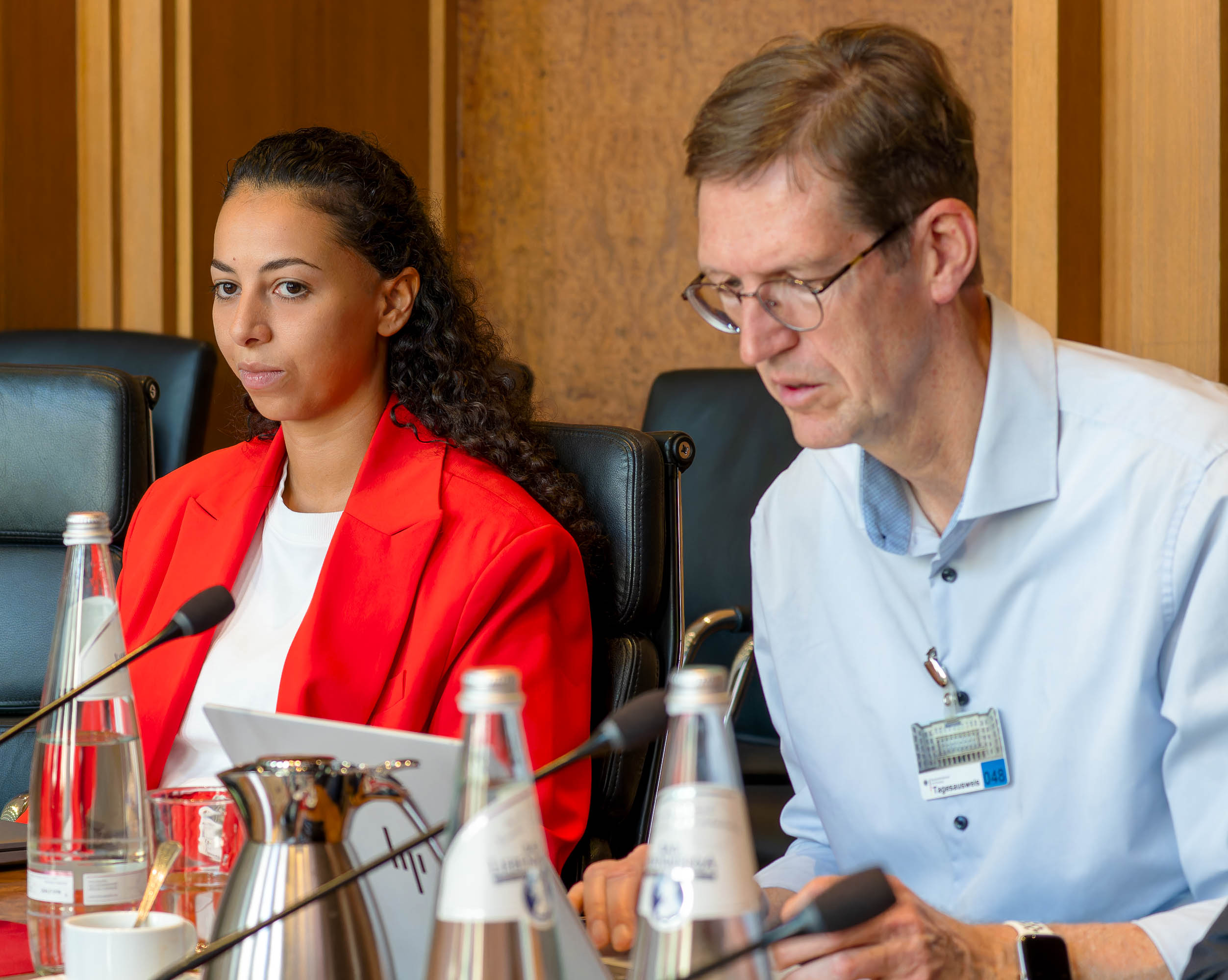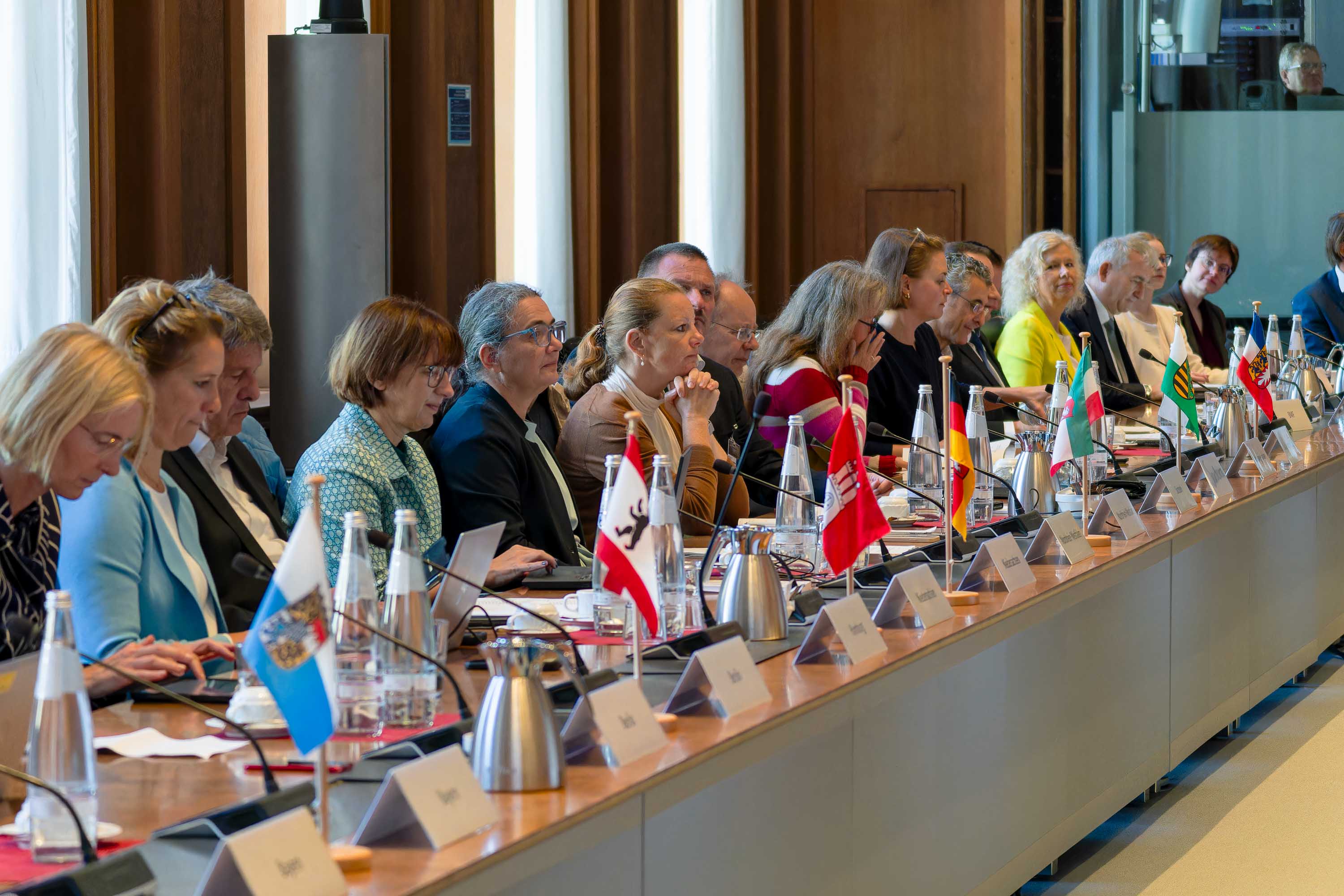-
-
Create Report Create Report
-
View Reports View Reports
-
Advice Advice
-
Discover the Campus Discover the Campus
- Discover the Campus
- About the Campus
- Media centre
- Events (in German)
- For companies subject to mandatory reporting
- Publications for companies subject to mandatory reporting
- Checklist ESRS Set 1 (in German)
- FAQ on the CSRD report
- For companies reporting voluntarily
- Publications for companies reporting voluntarily
- Checklist VSME (in German)
- FAQ on the VSME report
- For trade & craft businesses
- For politicians & associations
-
Reporting Obligations Reporting Obligations
-
About Us About Us
-
Create a Report
CSRD/VSME-compliant Reporting
Click here to access the DNK platform, where you can create your report free of charge in accordance with CSRD and VSME requirements (currently only available in German).
Create CSRD/VSME-compliant reportSustainability Code Reporting
You can access the previous Sustainability Code Database here. It will be available to you until November 2026 for the creation of reports.
Create a Sustainability Code report


